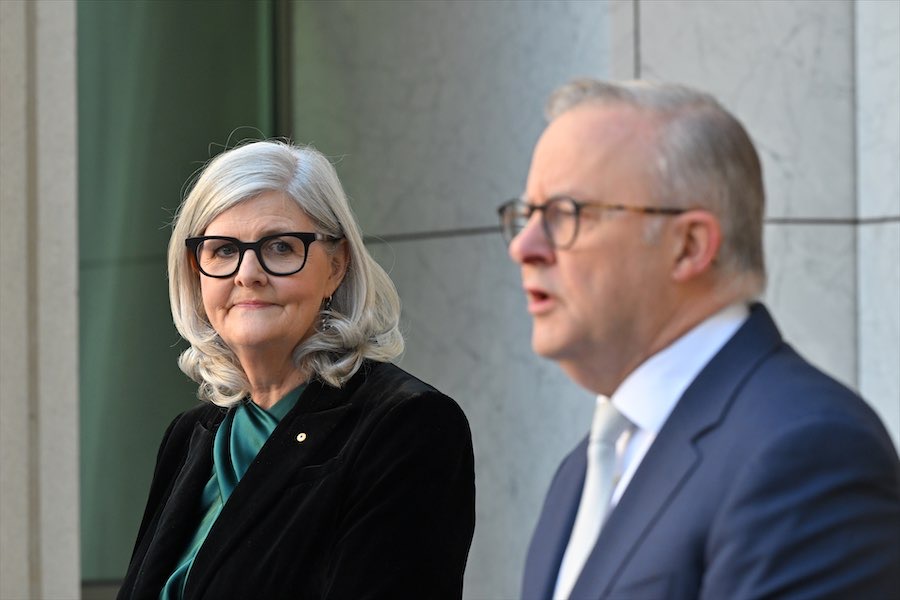LOBBYISTS have always been an integral part of the democratic process. However, their techniques in recent years have become more and more sophisticated.

This is why Chief Minister, Katy Gallagher, has proposed a register for lobbyists who attempt to influence any member of the Legislative Assembly.
Speaker, Vicki Dunne, who is responsible for the rights and responsibilities of Assembly members, has argued that a register of lobbyists should not extend beyond the ministers.
For all of the positive attributes of systems of openness and transparency, they invariably create red tape and increased bureaucratic processes with additional work and expense. This provides an excuse for those who argue that regulation already has too great a role in modern democracies. It is the crux upon which the Speaker’s argument rests.
There can be little doubt that a register for lobbyists is important for ministers. Ministers control the purse strings and are at the coalface of decision making which impacts on businesses.
Gallagher is right to seek a public register and code of conduct for lobbyists that identifies lobbying firms and their activities around who is being visited and the purpose. The sooner the better. After all, the ACT and the NT are the only jurisdictions without such a register. However, the other jurisdictions do restrict the register to ministers.
The resignation last month of Alastair Furnival, the chief of staff of the Federal Assistant Minister Fiona Nash, provided a demonstrative example of the need.
Furnival had remained involved with a lobbying firm, Australian Public Affairs, a company that has worked for the alcohol and food industries, at the same time as he was making decisions and influencing his minister in ways that favoured those industries.
This lobbyist was responsible for the demise of the website that made the “food star rating system” workable.
Out of the blue, his minister decided to cease funding a strong critic of current alcohol policies – the Alcohol and other Drugs Council of Australia. The registration of Australian Public Affairs as a lobbying firm on a number of jurisdictional registries played a key role in identifying these conflicts of interest.
The registers of lobbyists are for commercial lobbying firms. They are not used for people who advocate as part of community organisations that they represent. It is for those individuals and companies who sell their expertise in influencing governments on behalf of other companies, organisations or industries that seek to sway government for their commercial benefit.
Apart from one period since self-government, the ACT has had minority governments. The members who have not been appointed as ministers have had much more say in decisions than in most other parliaments. Lobbyists are aware of this and have no hesitation in approaching a range of members when they seek to have an issue addressed.
Planning has always been a controversial issue for the Assembly and provides a good example of why a lobbyist register should cover all members.
Decisions are made that not only impact on the community interest when new developments take place, but may also have bearing on the opportunities that one business has over another. These are decisions over which all members from time to time have some influence.
Undoubtedly, there are much stronger arguments for a lobbyist register for ministers and for other members. The perspective put by the Speaker does carry considerable weight. However, on balance, ought we not to err on the side of openness and transparency rather than on secrecy when attempts are being made to influence our elected members?
Who can be trusted?
In a world of spin and confusion, there’s never been a more important time to support independent journalism in Canberra.
If you trust our work online and want to enforce the power of independent voices, I invite you to make a small contribution.
Every dollar of support is invested back into our journalism to help keep citynews.com.au strong and free.
Thank you,
Ian Meikle, editor





Leave a Reply